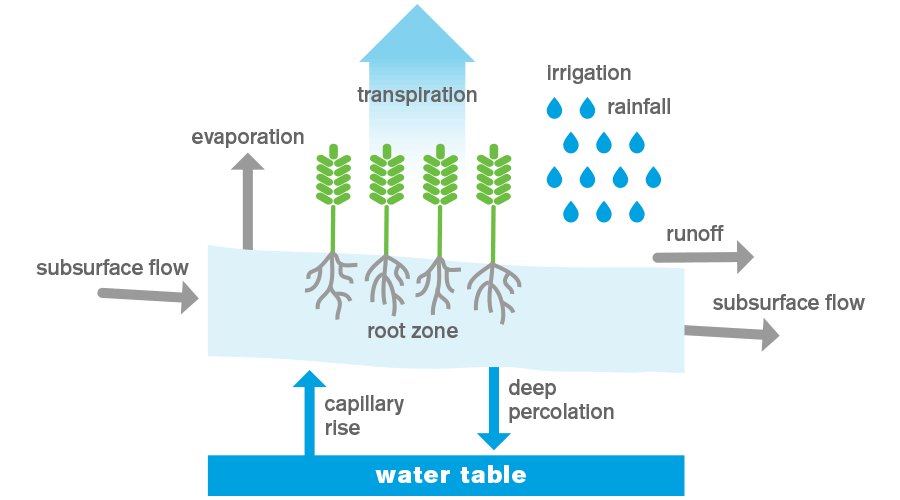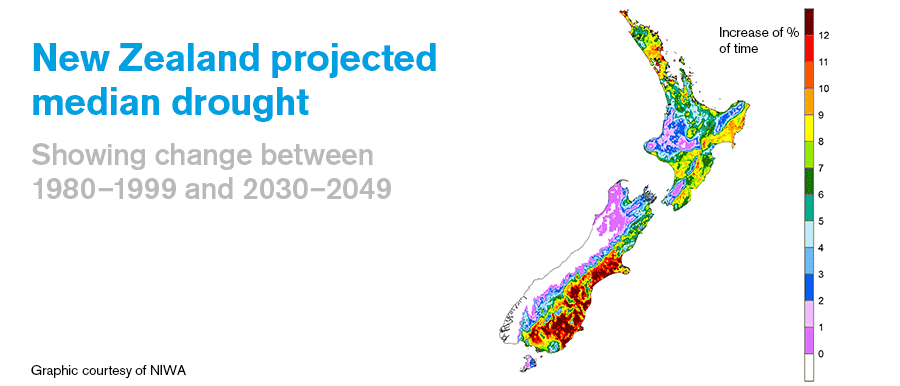Irrigation allows farmers and gardeners to efficiently use water to guarantee plant growth. For householders, it’s usually about keeping the lawns green, growing healthy vegetables and creating a lush and vibrant garden. Farmers, orchardists and winegrowers use irrigation to maximise plant potential and to deliver sufficient quality crops and produce to market to meet consumer expectations. Stock farmers use irrigation to ensure they can grow enough feed for their animals and to maintain paddock health. Many new crop and plant varieties require regular moisture which has led to increasing interest in irrigation.
Water is essential for farmers to produce many of the items that feed your family. The availability, price and diversity of milk, cheese, meat, fresh fruit and vegetables and wine are all linked to irrigation.
Imagine yourself at the grocery store. As you walk up and down each aisle you choose items and place them in your shopping trolley. Everything in your trolley has a connection with irrigation. Responsible irrigation ensures that we can feed a growing population.
In some areas of New Zealand (primarily the East Coast and Central Otago) the land being irrigated doesn’t receive sufficient or regular enough summer rainfall to guarantee crop survival. Irrigation is therefore essential. In other regions the reason for irrigation may be to combat a particularly dry season (a drought) or to ensure high value crops (kiwifruit for example) always have the right amount of water during a critical growth phase.

Do you have a question about irrigation? Contact [email protected] or connect with us on Twitter or Facebook.
Did you know?
Irrigated farmland generates at least three times as much production as an equivalent area farmed under a dry-land system (a farm, orchard or market garden with no irrigation).

